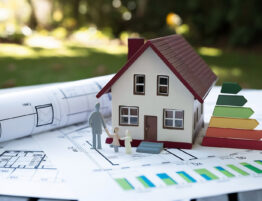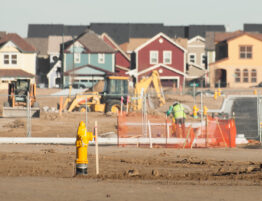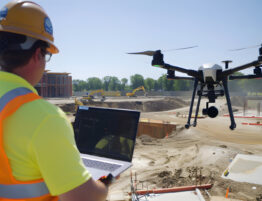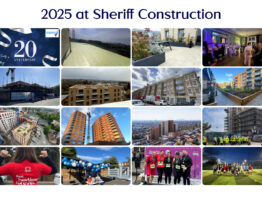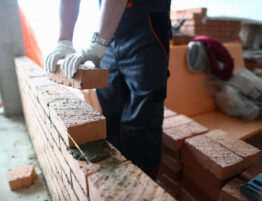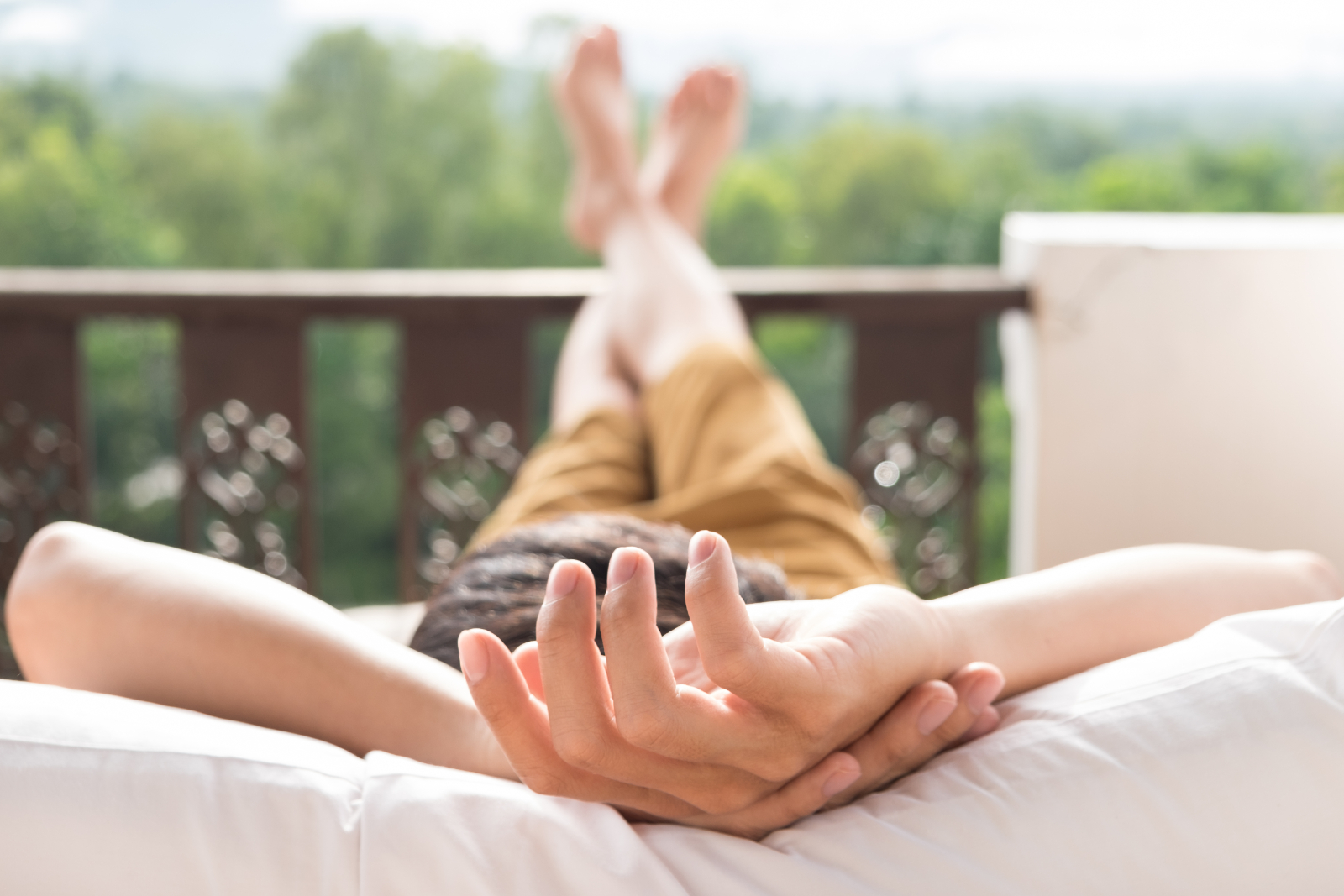
This year, most of us have had to adapt to ever-changing circumstances in both our personal and working lives.
Unfortunately, that means thousands of workers have been sorely affected by months in furlough, mass redundancies and businesses that have folded. However, there is another side of this coin with evidence showing that for a great many other people of working age, the pandemic is potentially leading to burnout.
ClassPass (a leading provider of employee fitness and wellness benefits) undertook a study of over 2000 professionals from 19 different countries, looking at changes that had occurred since the start of the pandemic. The results showed that over 50% of professionals were reporting increased workloads, rising stress and burnout levels. A quarter said they also had fewer resources available to them.
The switch to working from home has been another area of concern for some. The study found that prior to the COVID pandemic 48% of professionals were working at companies who did not have a remote work policy, but three out of four professionals were now working from home full time. That has presented all kinds of challenges, including having to share space with others in the household, having inadequate workspace set ups and finding it difficult to maintain a work/life balance.
Another issue, which among all the other headlines is easy to overlook, is the impact that the pandemic has had on how, when and if people have taken their breaks from work this year.
In the UK, we’ve become accustomed to holiday periods involving trips overseas as we seek out some sun and relaxation. But, with restrictions limiting our ability to travel, many workers have ended up not taking their leave from work at all. One report shows that untaken leave has risen by 60% during this pandemic.
While that’s quite understandable, the knock-on effect is bound to be a workforce that’s frustrated, stressed, grumpy and downright tired. As one of the sectors where people have been working flat-out for many months, the construction industry is by no means immune to this problem of untaken leave and the risk of burnout.
So, with the Christmas break looming (and government guidelines still limiting the options for travel or socialising with friends/family), why not take whatever leave you’re entitled to and use the time to truly switch off, relax and unwind.
Knowing how difficult that can be, here are a few tips:
- Avoid the urge to always be busy: Ask yourself if spending your time rushing around town or carrying out home improvements is really the break you need?
- Have a cheeky lay in: Taking account of travel time, most construction teams start pretty early every working day. Enjoying a later start over a few days might give you the recharge you need. Alternatively, if you can’t break the habit of waking up early, why not take an occasional 20-minute power nap later in the day?
- Get everyone to chip in: When it comes to the jobs which relate to the actual ‘festivities’ of this season, divide them up so that everyone has a role and everyone can enjoy those days.
- Be cosy: When it’s cold outside, cosy up on the sofa with a good film, a book or some music, a hot chocolate (or something a little stronger), some snacks and enjoy!
- Try out a new relaxation technique: Breathing exercises and mindfulness are two examples which may initially take some practice but, once mastered, could have a huge impact on your ability to unwind (not only during breaks but as part of your everyday life).
- Get some exercise and get outdoors: For some that might sound like the opposite of relaxation but it’s really important to keep fit and strong (both physically and mentally). Whether it’s running, cycling, dancing, a home workout or even just a winter’s stroll in the fresh air, these are all activities which can help you to recharge and give you a positive and energised outlook on life.
- Plan and refocus for the new year: When the break comes to an end, the last thing you want to do is start stressing at the last minute about work and other chores. So, take a little time to plan and prioritise these things ahead of time. That might mean getting whatever tools you need to carry out your work ready, writing out a detailed task list or establishing a more structured work-from-home routine. Feeling prepared will help you enjoy the last few days of your holiday and return feeling refreshed.
If you’ve not taken much of a breather this year, hopefully these tips might help you in the coming weeks to avoid rising stress or burnout. Share your ideas about how you’re planning to unwind and relax over on our Facebook and LinkedIn pages
09.12.2020
Feature image: Freepik

